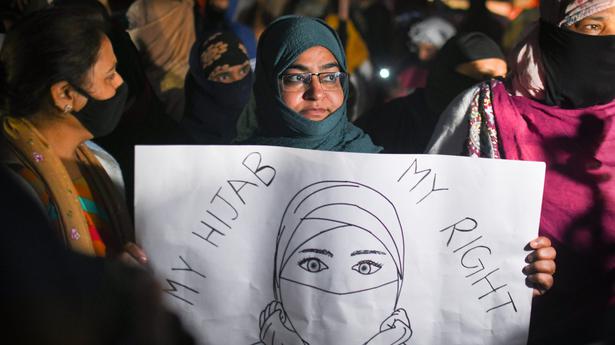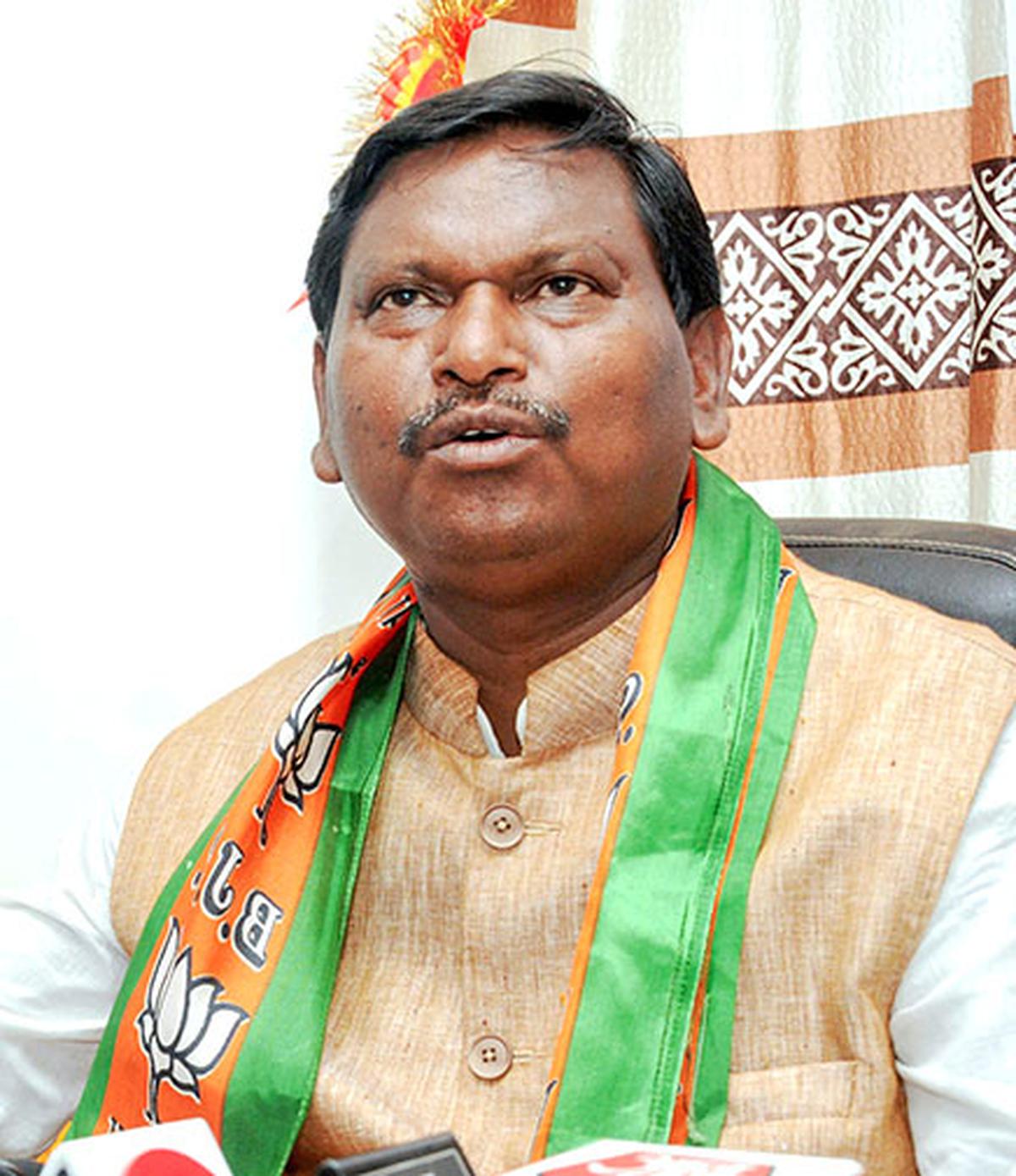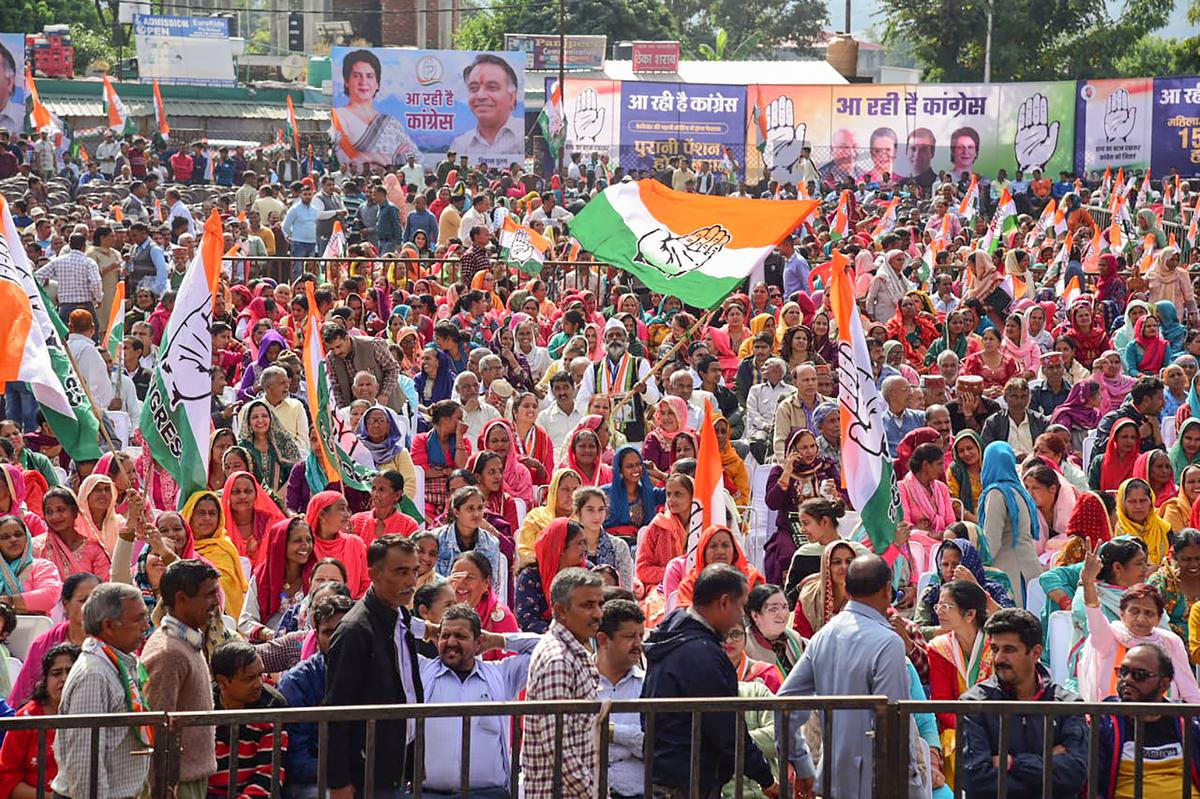Karnataka argued in the Supreme Court that it had the authority to issue an order to educational institutions to follow the discipline of wearing the prescribed school uniforms
Karnataka argued in the Supreme Court that it had the authority to issue an order to educational institutions to follow the discipline of wearing the prescribed school uniforms
The Supreme Court on September 22 reserved its judgment in a batch of petitions challenging the prohibition on Muslim students from wearing hijab in classrooms in Karnataka.
A Bench of Justices Hemant Gupta and Sudhanshu Dhulia wrapped up the case for verdict after hearing the arguments presented by lawyers for petitioner-students and the State for 10 days.
Also read: Explained | Did the Karnataka High Court’s hijab verdict overlook ‘reasonable accommodation’?
The students had come in appeal against a Karnataka High Court judgment which had held that the proscription on hijab in classrooms was a reasonable restriction. The High Court had concluded that hijab was not an essential religious practice in Islam.
The State argued in the apex court that it had the authority to issue an order to educational institutions to follow the discipline of wearing the prescribed school uniforms. The order was religion-neutral and did not distinguish one student from the other.
Solicitor General Tushar Mehta even went to the extent of claiming that the hijab controversy was triggered by the Popular Front of India through social media.
Senior advocate Dushyant Dave, for the students, argued that fundamental rights, freedom to choose to what to wear and freedom of faith would not diminish inside a classroom.
The petitioners, represented by senior advocates Rajeev Dhavan, Devadatt Kamat and other lawyers, argued that the State had not presented a valid reason for restricting the religious freedom of Muslim students.
Editorial | Essentially flawed: On the Karnataka High Court’s hijab verdict
They contended that State had not presented even a single shred of evidence to support their claim that a few students wearing hijab to their classrooms in addition to their respective uniforms violated public order, health and morality.
The lawyers argued that Karnataka did not provide any material to support their claim that wearing hijab infringed on the fundamental rights of other students.
Petitioners said the averment about PFI’s alleged involvement was quite new and was not mentioned earlier in the High Court. Further, the State had not placed any material on record to back its allegation.





